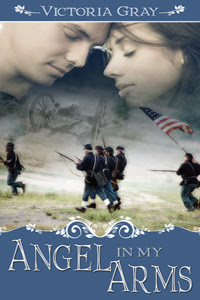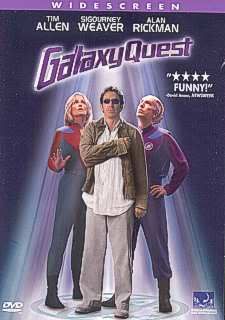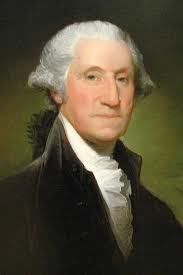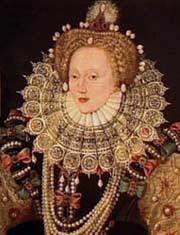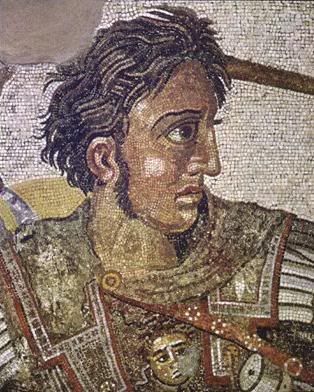Travel is one of my passions. I like to think of myself a "setting collector." When I explore a new place, the seeds of stories are planted in my subconscious, even if it takes them a while to germinate. In 2002, my DH and I went to Hanover, Germany a couple times--he to conduct business and me to play tourist. One of the places I discovered was Schloss Celle, a castle a short train ride from Hanover.
 Like all castles, it was built in stages, starting with a fortified tower around 980 AD. Through the years, it was altered and added to till it became the Renaissance style 4-winged structure that exists today. It's a fascinating place with a hodge-podge interior, reflecting many different building styles.
Like all castles, it was built in stages, starting with a fortified tower around 980 AD. Through the years, it was altered and added to till it became the Renaissance style 4-winged structure that exists today. It's a fascinating place with a hodge-podge interior, reflecting many different building styles.It doesn't have a moat and was never used defensively. The schloss (German for castle) was primarily a pleasure retreat for the House of Hanover. But in 1772, it also became a prison of sorts for Queen Caroline Mathilda.
 She was the sister of Britain's George III and, as if having a mad brother weren't bad enough, this unlucky princess had the misfortune to wed her equally mad cousin, Christian VII of Denmark.
She was the sister of Britain's George III and, as if having a mad brother weren't bad enough, this unlucky princess had the misfortune to wed her equally mad cousin, Christian VII of Denmark.Caroline may not have been a beauty, but she had a vivacious and fun-loving personality. She sometimes outraged people by dressing in men's clothing and riding astride. At Schloss Celle, there is a miniature of her with a decolletage so daring, her rouged nipples are proudly on display.
A free spirit like Caroline couldn't avoid trouble long and soon was embroiled in a long-running affair with her husband's doctor, Johann Friedrich Struensee. Her daughter was almost certainly her lover's child since Christian VII didn't seem to like his queen much.
Even mad kings resent being cuckolded. There was a seething scandal and a messy divorce. Caroline was banished to Celle and her lover was executed. She died of scarlet fever three years later in 1775 at the age of 23.
 The story of this sad queen inspired me to use Schloss Celle as the setting for a rather gothic section of Touch of a Thief. Lady Viola Preston and Lt. Greydon Quinn are on the trail of the Blood of the Tiger, a cursed red diamond. They encounter the malevolent stone and the villain who has possession of it at this Hanoverian castle.
The story of this sad queen inspired me to use Schloss Celle as the setting for a rather gothic section of Touch of a Thief. Lady Viola Preston and Lt. Greydon Quinn are on the trail of the Blood of the Tiger, a cursed red diamond. They encounter the malevolent stone and the villain who has possession of it at this Hanoverian castle.Posing as newlyweds, Quinn and Viola's adventures take them from London to Paris to Hanover and back again. I hope you'll enjoy doing a little armchair traveling with them!
Have you ever visited a place and thought it would be a good setting for a romance? Leave a comment or question today for a chance to win a copy of Touch of a Thief!







